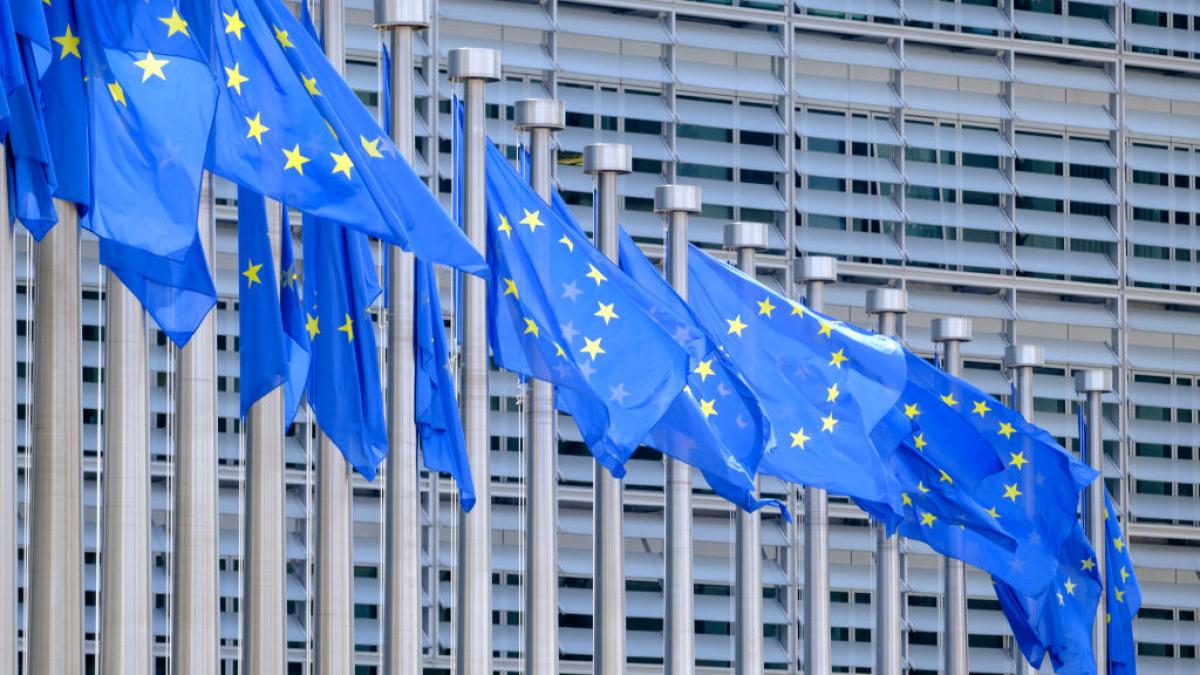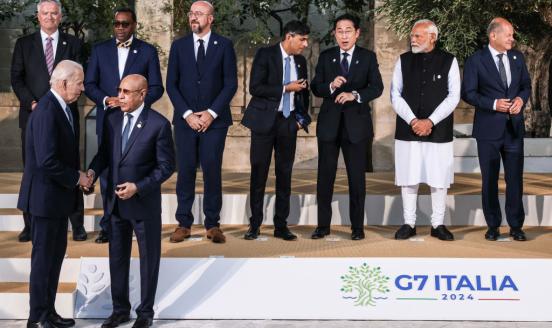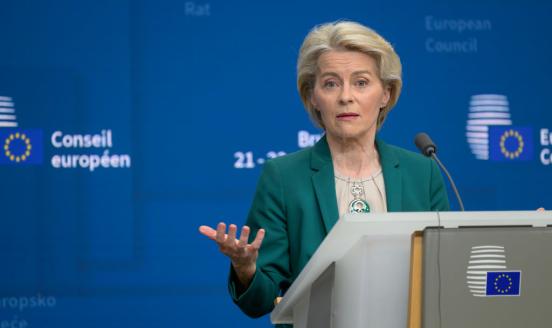A conceptual framework for the identification and governance of European public goods
How to find institutional arrangements for public-good provision, to maximise the benefits of public goods for EU members?

The challenging current policy environment has raised the question of which policy decisions should be taken at national level and which at European Union level. As a general rule, the EU should be responsible only for the provision of European public goods (EPGs), while countries are better placed to provide national public goods. However, in practice, the situation is rarely that simple. We offer a framework for identification of EPGs with three main insights.
First, a decision to provide a public good at national level, EU level or a combination of both depends on the degree of heterogeneity of preferences across countries and the efficiency case for EU-level provision. When preferences vary and the efficiency case is weak, goods should be provided at national level. When preferences are similar and the efficiency case is strong, goods should be provided at the EU level. When preferences differ but there is a strong efficiency case, a trade-off arises.
Second, institutional and legal instruments exist already to manage this trade-off. These include: competence transfers, decision-making modalities, variable participation of countries, centralisation of delivery and funding, and compensating negatively affected countries to achieve greater alignment of preferences.
Third, both the efficiency case for EPGs and the distribution of preferences over their provision may change over time. This could be because the world around the EU changes (for example, giving greater weight to an efficiency case, eg in areas related to defence) or because preferences change, for example, as result of a pandemic, or because a particular institutional or compensation practice convinces dissenters that they can be better off inside than outside a multi-country arrangement governing the provision of a public good.
An implication is that the question ‘should public goods be provided at the national or European level?’ may be the wrong question to ask. The right question is how to find institutional arrangements for public-good provision, to maximise the benefits of public goods for EU members.



